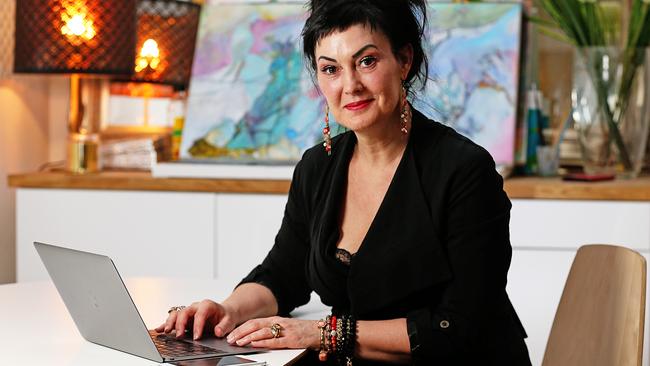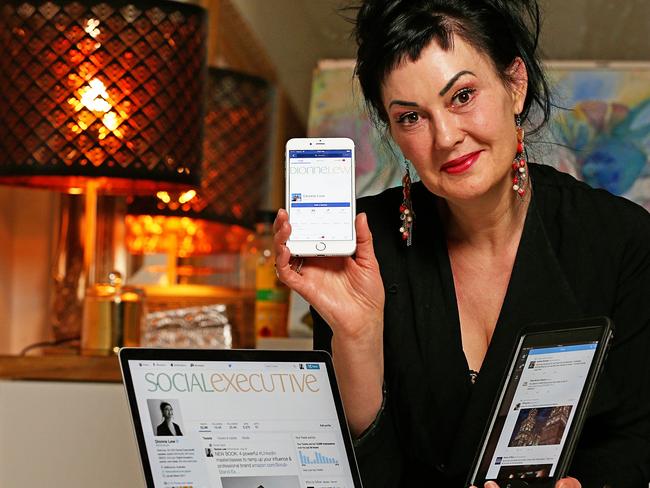5000 jobs in 50 days: Using social media at work is risky but essential, experts argue
DEMANDS for Facebook passwords at job interviews and tweets defaming the boss are making social media a workplace minefield. Here’s how to balance risks with the rewards.

Jobs
Don't miss out on the headlines from Jobs. Followed categories will be added to My News.
WORKERS and bosses are using social media in unexpected and sometimes unhealthy ways, with young people and first-time workers most likely to be caught out.
Lines of communications are blurred, risks are equal to reward, and Australian laws are yet to catch up to the trend.
But while it might be difficult to overcome demands for Facebook passwords at job interviews or sick notes delivered in WhatsApp, social media analysts say there are ways for both groups to use the networks positively.
Dionne Lew, founder of The Social Executive, said social media had become essential to finding employment but its use in the workplace was far from straightforward.
“There’s a lack of awareness around what is okay and what's not because professional and personal brands have merged,” she said.
“There have been examples of unfair dismissal cases thrown out … and there are other examples where more senior people have been sacked as that has been upheld by courts.”
But Ms Lew said companies such as Lenovo and Deloitte actively encouraged all employees to post to social networks during work time to “amplify” company messages.
Other firms, like ANZ, used internal social networks to improve productivity and communication between colleagues.

A study from the Pew Research Centre recently found social media use at work “is not always clear-cut or entirely positive,” though it had potential.
The study of more than 2000 people found professional social networking use could be filed into eight categories, six of which were positive for businesses, including finding information to solve work problems.
But 56 per cent of respondents who used social media at work said it could also be a distraction from necessary work.
Cove Legal principal and media lawyer Roger Blow said there were much greater risks to using social media professionally, including being sued for defamation or being dismissed.
“If you wouldn’t happily have something permanently attached to your CV, it shouldn’t be going on social media,” he said.
“You don’t want an employer to be reviewing a photo of you collapsed in the gutter with half a kebab over your face.”
Mr Blow said Australian law on the use of social media was “a messy space for lawyers and it’s only going to get worse” as more cases emerged and lines of acceptable behaviour were blurred for firms and workers.
“Employers are routinely using social media as part of their recruitment strategy, even though there are questions about that,” Mr Blow said.
“In some cases, potential employers are requesting Facebook logins in job interviews.”
Ms Lew said workers should be aware of company’s social media policies, and should consider using two social media profiles — one for work and the other for personal use — to avoid conflicts.
TIPS FOR USING SOCIAL MEDIA AT WORK
— Consider using two social media profiles: one personal, one professional
— Remember social media is public, and your posts can be linked to you permanently
— Consider that you’re communicating on behalf of your employer
— Inject your own personality into your profile to keep others reading
Do you have a job for a first-time jobseeker? Email 5000jobs@news.com.au to join the campaign.
Jobseekers can visit facebook.com/5000jobs to find vacancies in their area.
Originally published as 5000 jobs in 50 days: Using social media at work is risky but essential, experts argue


